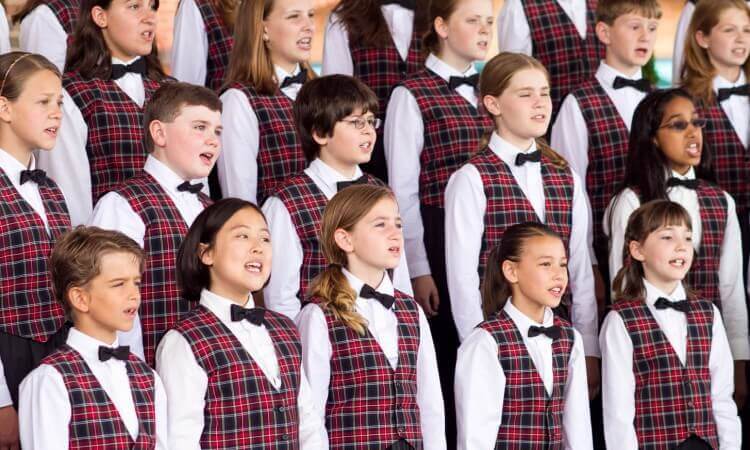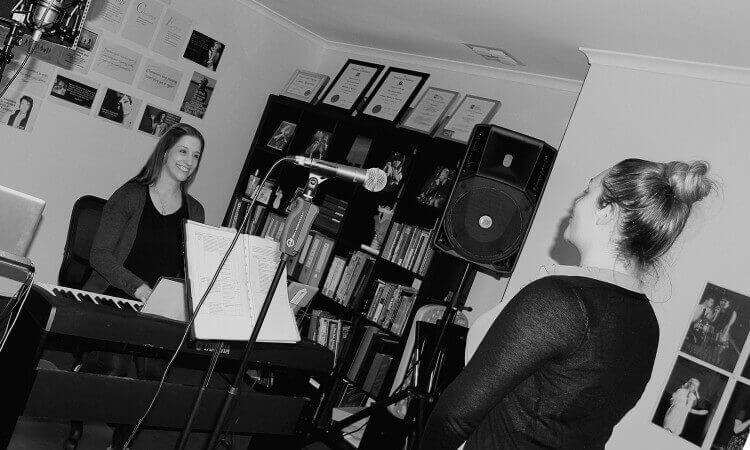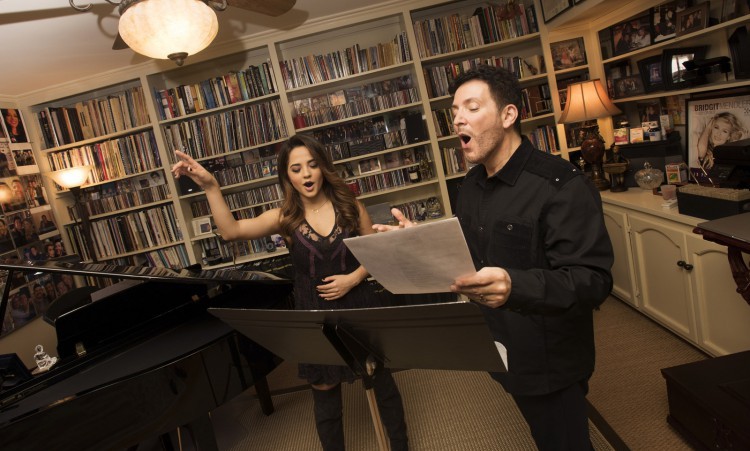
How Much Do Singing Lessons Cost?
Last week we posted a blog about the different ways you can become a singer, and covered the aspect that singing lessons plays in training the voice. Since then, we’ve had numerous people ask us this question: “how much are singing lessons” exactly? Always striving to answer our customer queries in detail, we’ve put together a guide on the cost of signing lessons. So, grab pen and paper, we’re about to tell you everything you need to know!
When should you start singing lessons?
From parents whose kids love to sing but they’re not sure if it’s the right time to beginners who are a bit scared of being too old to start getting their lessons, lots of people wonder what is the best age to start singing lessons, and no doubt that’s something important to know!
If you ask any professional singing teacher, most of them will agree that giving lessons to young kids is a big “no-no”. Why? You might ask. The reason is that children bodies are still growing and their voices go through different changes until they reach a certain age (normally 14 years old for girls and after boys change to a lower, deeper voice). Once their voices have “normalized” then it’s the perfect time to start your lessons and sing your heart out!
For those of you with a few more years on your back, there’s no need to worry either! This might sound a bit cliche, but no, you’re never too old to learn how to sing or to get singing lessons. We don’t tell people they’re too old to learn a new language or skill, do we? Same applies for music! And remember, Britain’s Got Talent favorite Susan Boyle got famous when she was 47.
So how much are singing lessons?
This depends on a number of different things, but on average you can expect to pay around £35 an hour. Truth be told, there a few factors that affect the price of singing lessons, like how long the lessons are, the demand for singing teachers around your area and the qualifications of your teacher. For example, a local teacher could cost as much as £50 an hour where as someone who has trained Craig David and Madonna could roll into triple or even quadruple figures.
Don’t forget that, more often than not, singing teachers will give you the option of getting shorter or longer lessons as well as block booking lessons (which normally come with a nice discount), so make sure to talk with them before you arrange anything!
Can you learn how to sing or are you born with it?
Everyone can learn how to properly sing with a little bit of determination, a good instructor and proper training. Re-training your body to stop being tone-deaf will take time and hard work, so it’s important to take it slowly and be happy with every little improvement you make. Remember to be realistic, you’ll definitely improve with singing lessons, but it’s unlikely you’ll ever be as good as the likes of Adele.
Of course, natural talent does help a lot. That said, you can get a lot of attention due to your raw skills alone, but at the end of the day even professional and semi-professional singers need singing lessons to sharpen their singign talent.
How many lessons will I need?
This all depends on what sort of previous experience with singing you have, what goals you’re trying to achieve and how long does it take for you to get to know your voice to learn all the techniques.
If you’re a complete beginner, then you’ll probably see some improvements after 5-10 lessons. It is recommended that you get singing lessons at least once a week, but preferably twice a week, to be able to continue developing your skills. For those who already have some background and confidence in singing, it normally takes less than that, approximately around 3-6 lessons.
That being said, these conditions are not set on stone and every person is different, so don’t feel pressured if you’re not improving as fast as you would like! Rome wasn’t built in a day, keep going at your own rhythm.
Difference between a singing teacher vs voice coach?
The difference between a singing teacher and a voice coach tends to be a bit blurry and it can lead to confusion for beginners who are looking to start singing lessons. Generally speaking, singing teachers focus on the technical aspects, showing you how to improve your singing stamina, giving you voice exercises and everything related to your technique: what works for you, what doesn’t and how to fix it.
A voice coach, on the other hand, focuses more on the performing part of singing. They normally try to find the best version of your voice, depending on which music genre you’re trying to sing. Generally, they help you with memorizing, acting, phrasing or adapting to different musical styles. Essentially, they help you develop your “performing persona”.
Should I get an instructor of the same gender?
Women and Men do have different tones and voice ranges but they share many of the same singing techniques such as breath management, acoustics, phonetics or how to keep your voice healthy. Although each gender has their specific challenges, a good voice teacher/instructor should have a wide knowledge of the sorts of training exercises that are required for both genders and be experienced enough to teach proper singing techniques.
So no, technically speaking you don’t need to have a teacher of the same gender as you to further your singing skills.
What to do if my voice gets injured?
This is something that that tends to affect less experienced singers, although even professionals aren’t spared from injuring their voices from time to time. So how can you avoid hurting your vocal chords and what are the best treatments to fix it?
First of all, the secret to avoiding getting a hoarse voice is learning how to properly take care of your vocal chords and throat. Before delighting everyone with your epic ballads, be sure to do a quick warm-up. Take a few deep breaths first, then do some scales or hum a few songs starting low and finishing high. What this will do is flex your vocal muscles, in the same way that you need to do stretches before you exercise to prevent pulls or tears.
If you’re currently suffering from a husky voice, the NHS offers some recommendations to help relief the symptoms and heal faster:
- Avoid talking as much as you can.
- Hydration is really important, so drink lots of water.
- Don’t drink coffee, tea or alcohol as they cause dehydration.
- Don’t smoke and avoid anywhere dusty or smokey.
- Use cough syrup or logenzes to soothe your sore throat.
- Eat plenty of fruits and vegetables rich in Vitamin C (alternatively you can use Vitamin C tablets).
- Gargle with warm salty water or do hot steam inhalations.
And most importantly: take it slowly. A sore, hoarse voice can take up to 2 weeks to heal completely, which can be a bit frustrating for some people, so try to not rush things!
Now that you know everything related to singing lessons and how much they cost, all that’s left is to keep working hard to become the next superstar singer!






